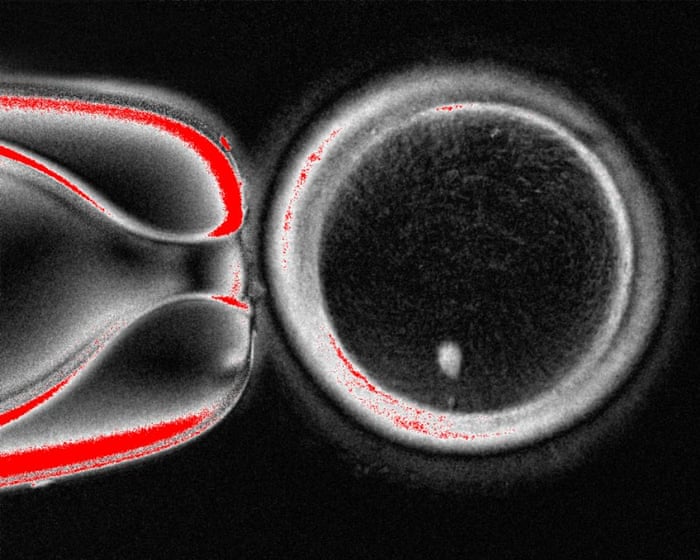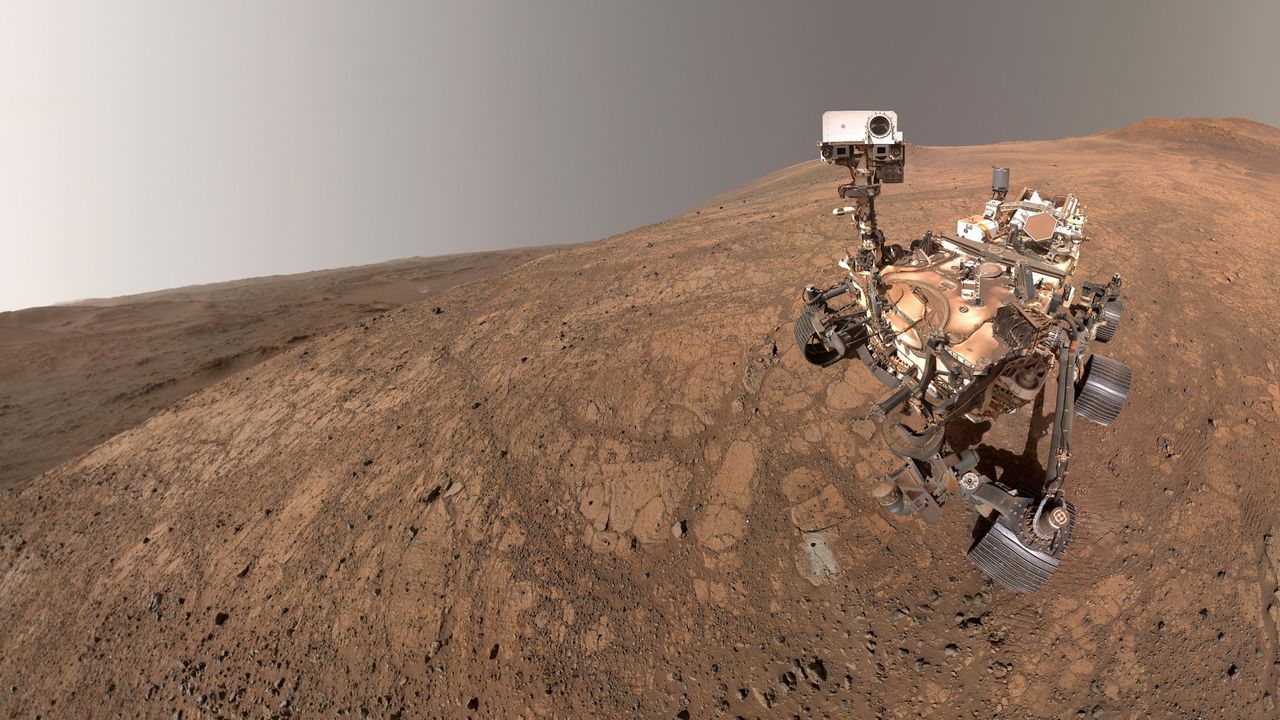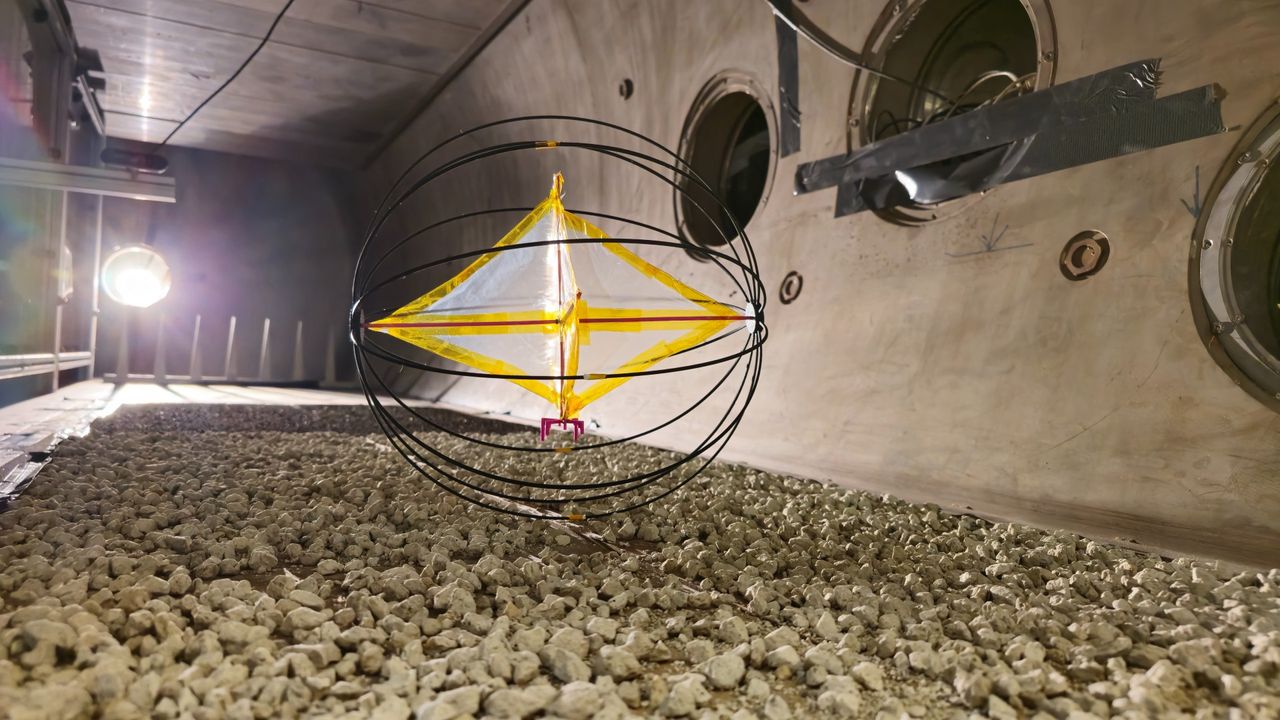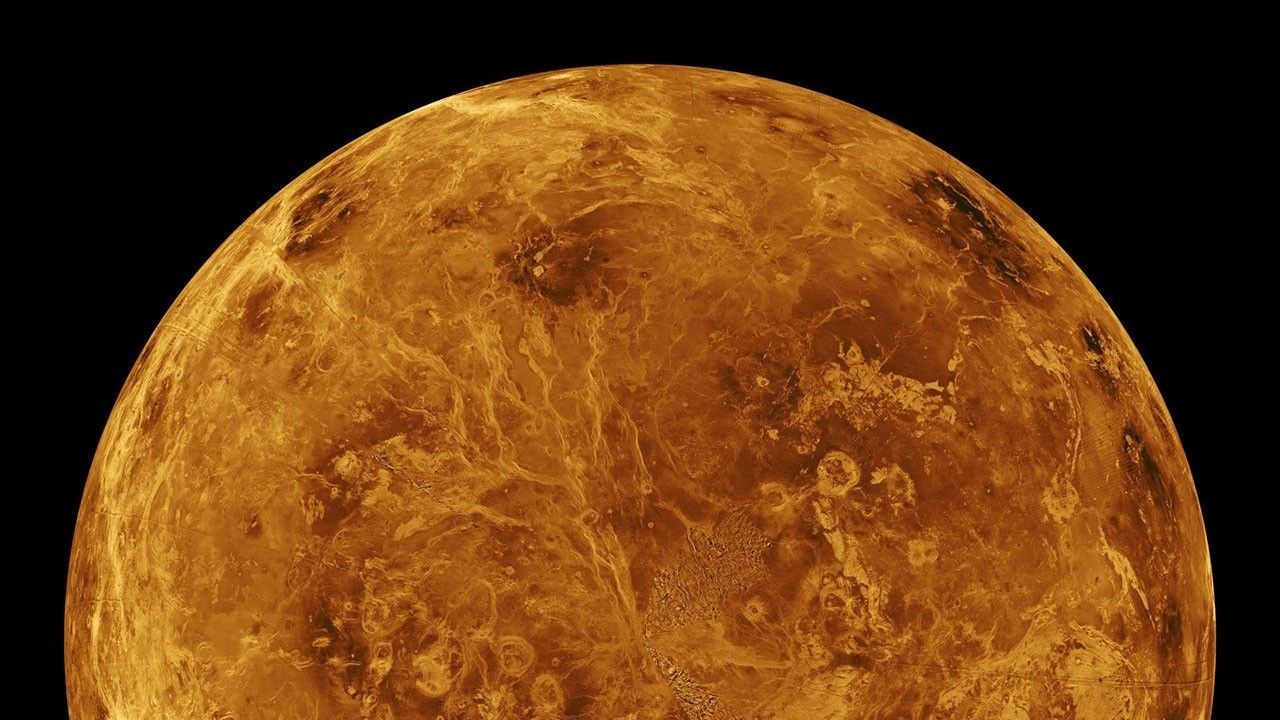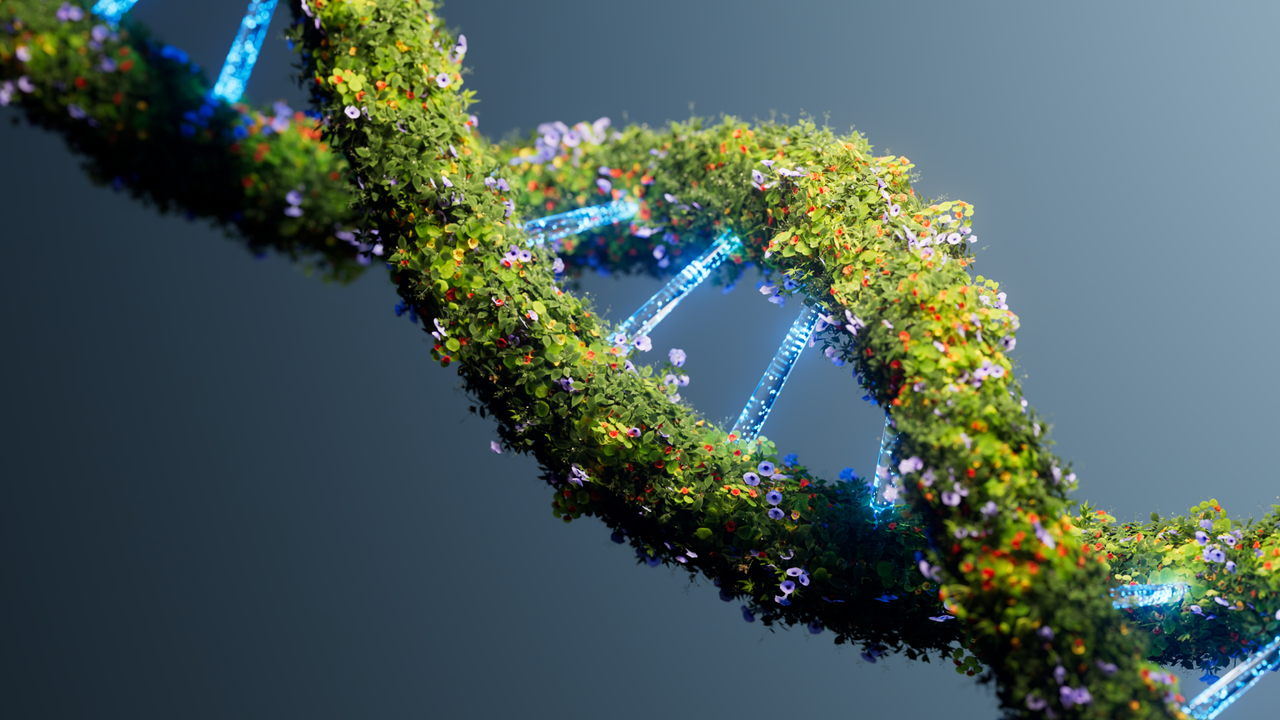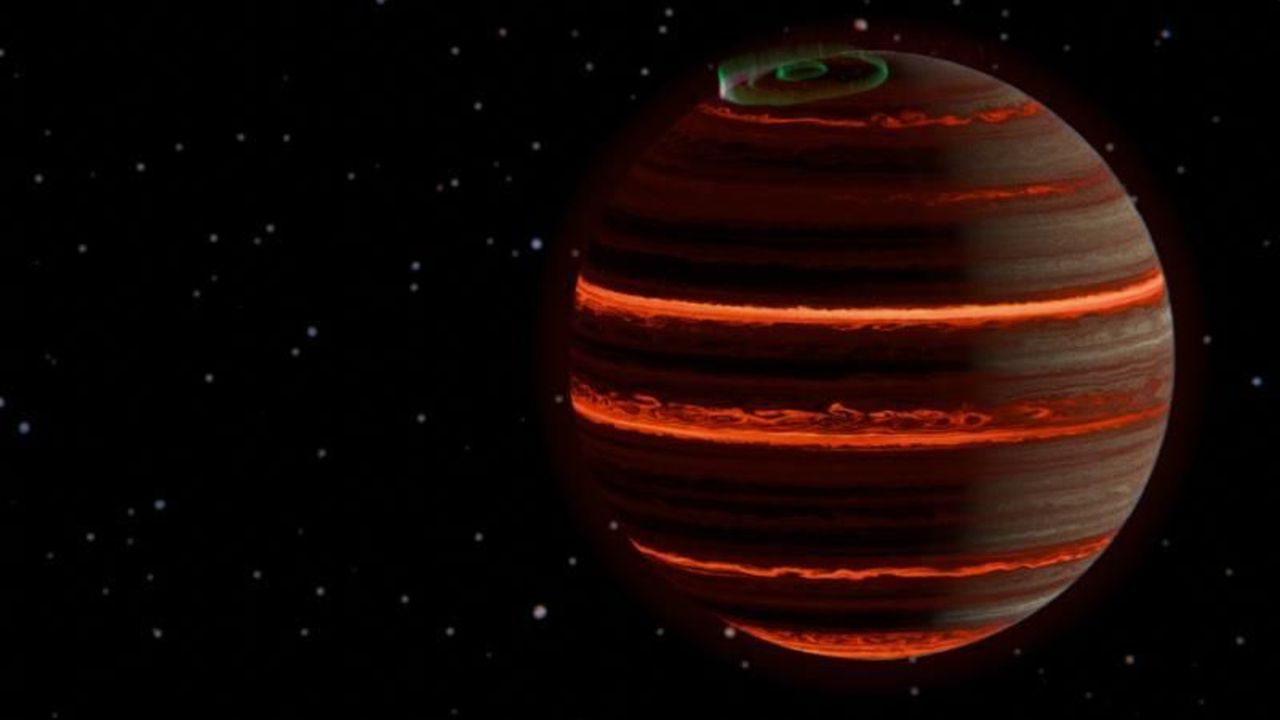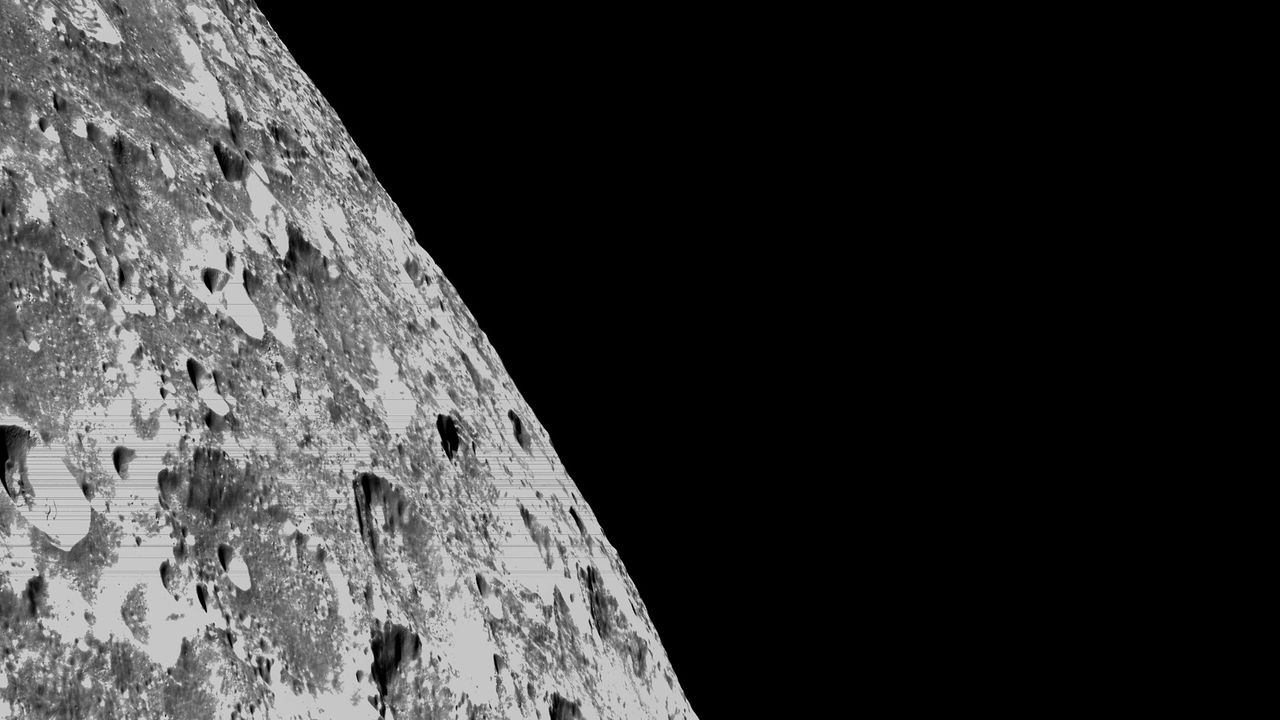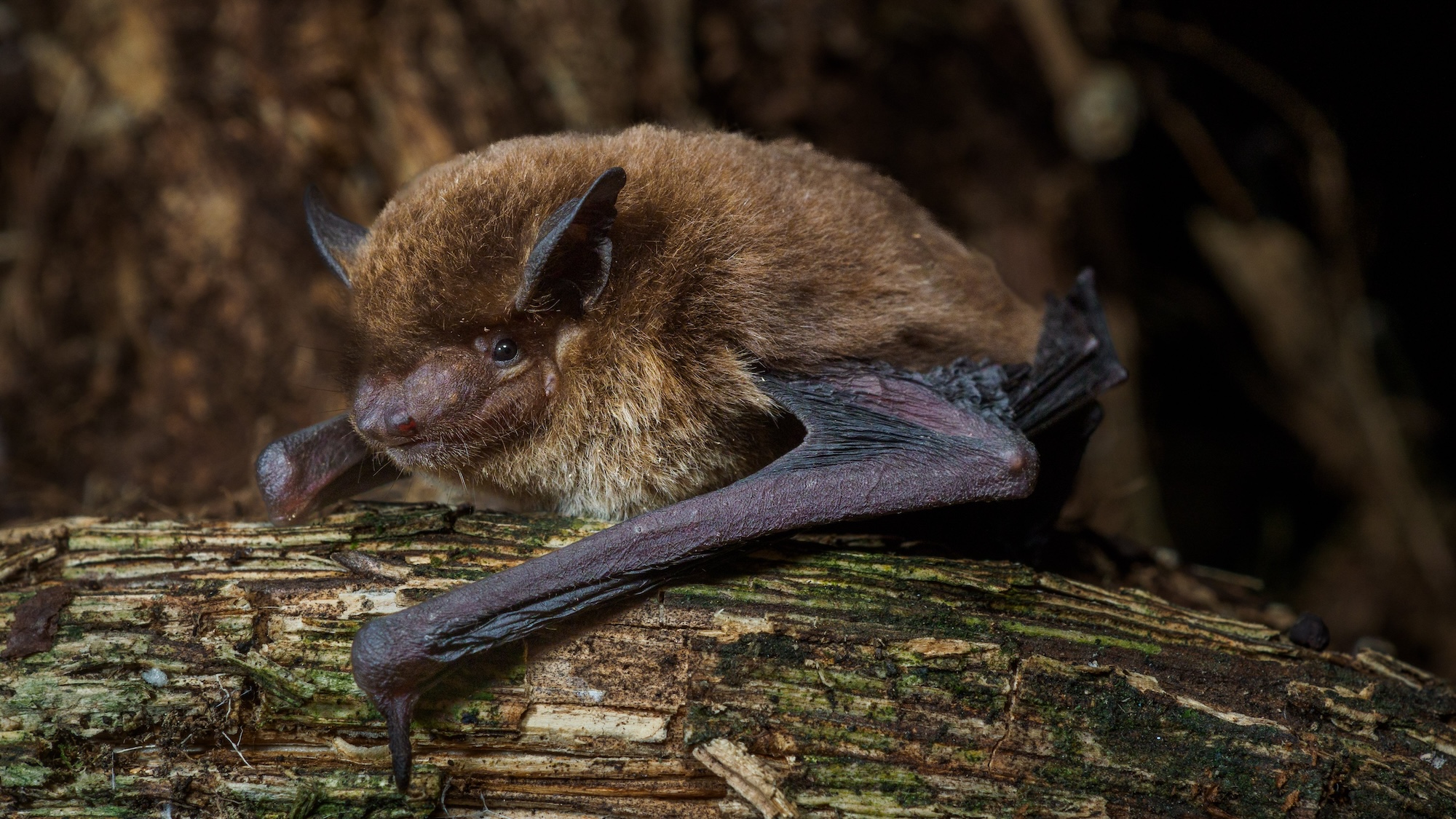Scientists have digitally removed the 'death masks' from four Colombian mummies, revealing their faces for the first time
PositiveScience
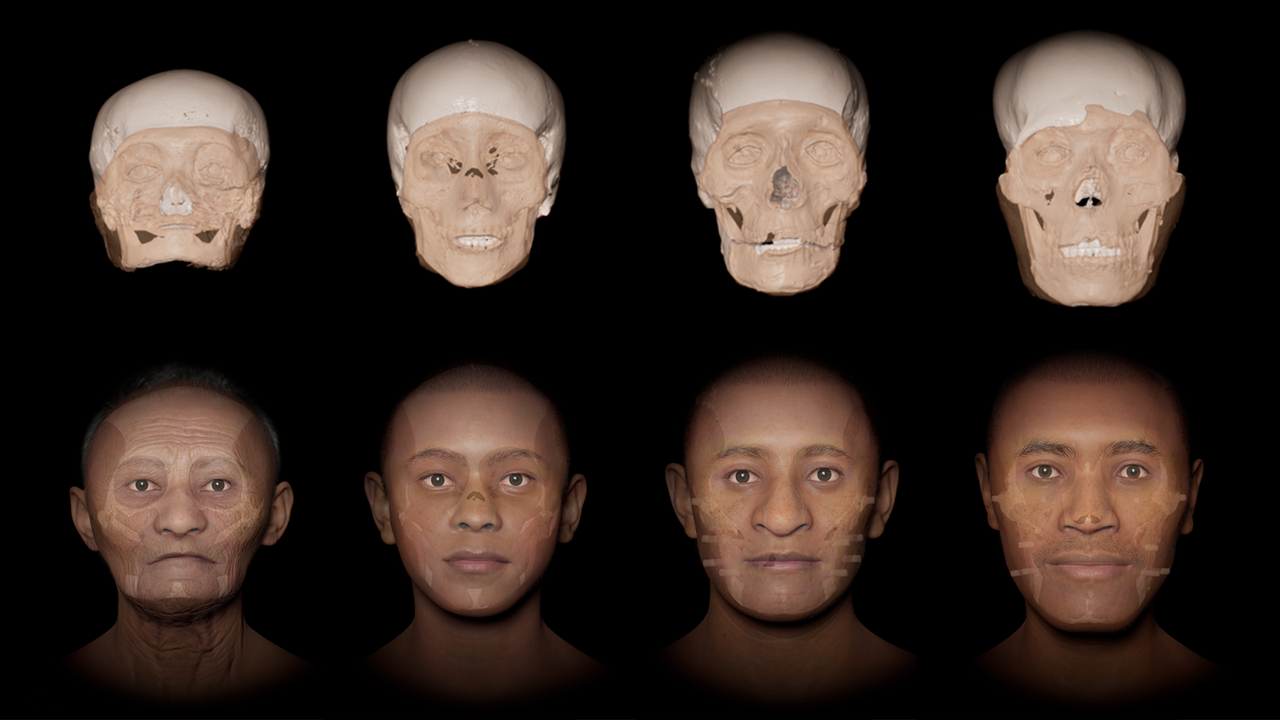
In a groundbreaking discovery, scientists have digitally removed the 'death masks' from four Colombian mummies, unveiling their faces for the first time. This remarkable achievement not only enhances our understanding of ancient cultures but also allows us to connect more personally with these historical figures. By reconstructing the faces based on the skulls of these mummified individuals, researchers are providing a unique glimpse into the past, making history feel more tangible and relatable.
— Curated by the World Pulse Now AI Editorial System
